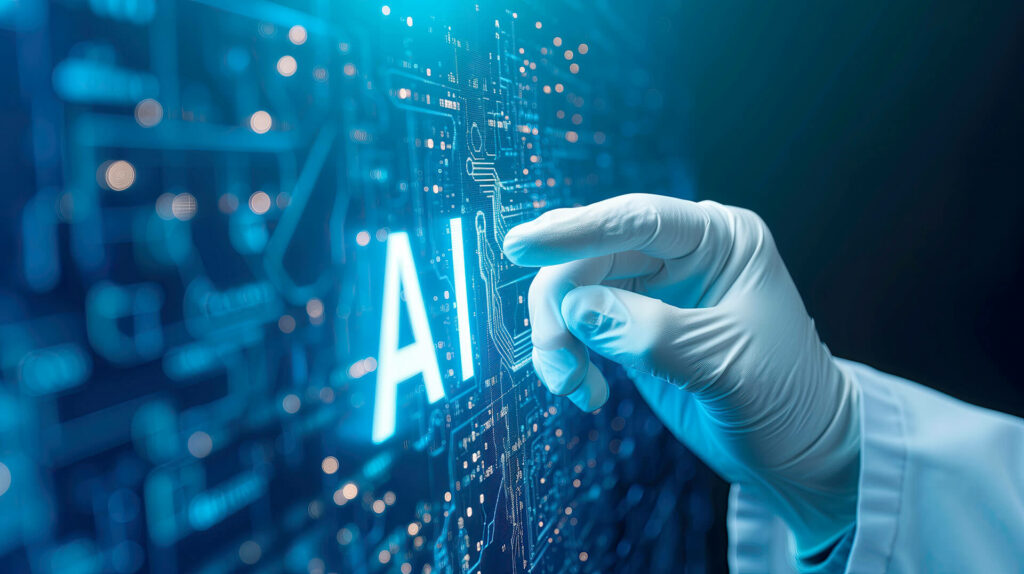Artificial Intelligence (AI) is reshaping nearly every aspect of modern life, and healthcare is no exception. From diagnosing diseases to assisting in surgeries, AI is increasingly integrated into medical practice. It promises faster, more accurate, and personalized care — yet it also raises questions about the future role of human doctors. Will robots replace physicians, or will AI serve as a powerful ally enhancing human expertise?
The Rise of AI in Healthcare
AI’s journey in medicine began with simple decision-support tools to help doctors analyze data and make better clinical choices. Today, AI has evolved into a transformative force across diagnostic imaging, drug development, genomics, patient monitoring, and mental health care.
Modern AI algorithms can analyze X-rays, MRIs, and CT scans with remarkable precision, sometimes surpassing experienced radiologists in detecting early-stage diseases. Companies like Google Health and IBM Watson are already identifying cancers and other conditions faster and with fewer errors than traditional methods.
In drug discovery, AI drastically reduces the time and cost required to develop new treatments. During the COVID-19 pandemic, AI models accelerated the identification of potential therapies, demonstrating how technology can respond rapidly to global health crises.
AI also enables precision medicine, tailoring treatments to individuals based on genetics, lifestyle, and environment. Predictive models can forecast patient responses to therapies, minimizing side effects and improving outcomes. In hospitals, AI monitors patients in real time, detecting complications early and assisting clinicians in critical decision-making.
Will Robots Replace Doctors?
Advanced AI-powered robots can perform precise surgeries, assist in rehabilitation, and even provide some patient care. Robotic surgery systems like the da Vinci Surgical System allow surgeons to operate with minimal invasiveness and exceptional accuracy.
However, AI lacks the uniquely human qualities essential to medicine: empathy, ethical judgment, and the ability to comfort patients. While AI can predict disease probabilities, it cannot sit with a patient during a moment of uncertainty or navigate complex moral decisions. Emotional intelligence remains irreplaceable.
Rather than replacing doctors, AI will redefine their role. Physicians will likely spend less time on repetitive tasks and more on complex problem-solving and patient care. AI will act as a partner, amplifying human capability instead of competing with it.
A Collaborative Future
The future of healthcare will be defined by collaboration between humans and machines. Imagine digital health twins — AI models simulating patient responses to treatments — helping doctors optimize therapies before applying them in real life. Wearable devices and smart implants will continuously gather health data, allowing AI to alert doctors and patients to potential issues long before symptoms appear.
AI-powered telemedicine could provide expert care to remote or underserved regions, while virtual reality and AI simulators could revolutionize medical education, allowing students to practice procedures and diagnostics in safe, realistic environments.
Ethical and Practical Challenges
The integration of AI into medicine raises critical ethical and practical questions. Data privacy is paramount, as AI relies on vast amounts of patient information. Accountability is also complex — if an AI makes a wrong recommendation, who is responsible? Bias in AI algorithms and its potential impact on fairness further complicates adoption. Finally, maintaining the human connection in patient care will be essential as technology takes on more technical tasks.
Conclusion: AI as a Partner, Not a Replacement
AI is transforming medicine, pushing the boundaries of what is possible in diagnosis, treatment, and patient care. But it will not replace doctors. Instead, AI will empower them, combining data-driven precision with human empathy.
The future of healthcare lies in synergy: humans and AI working together to heal, comfort, and improve lives. Machines may diagnose, analyze, and operate, but it is the human touch that truly heals.
